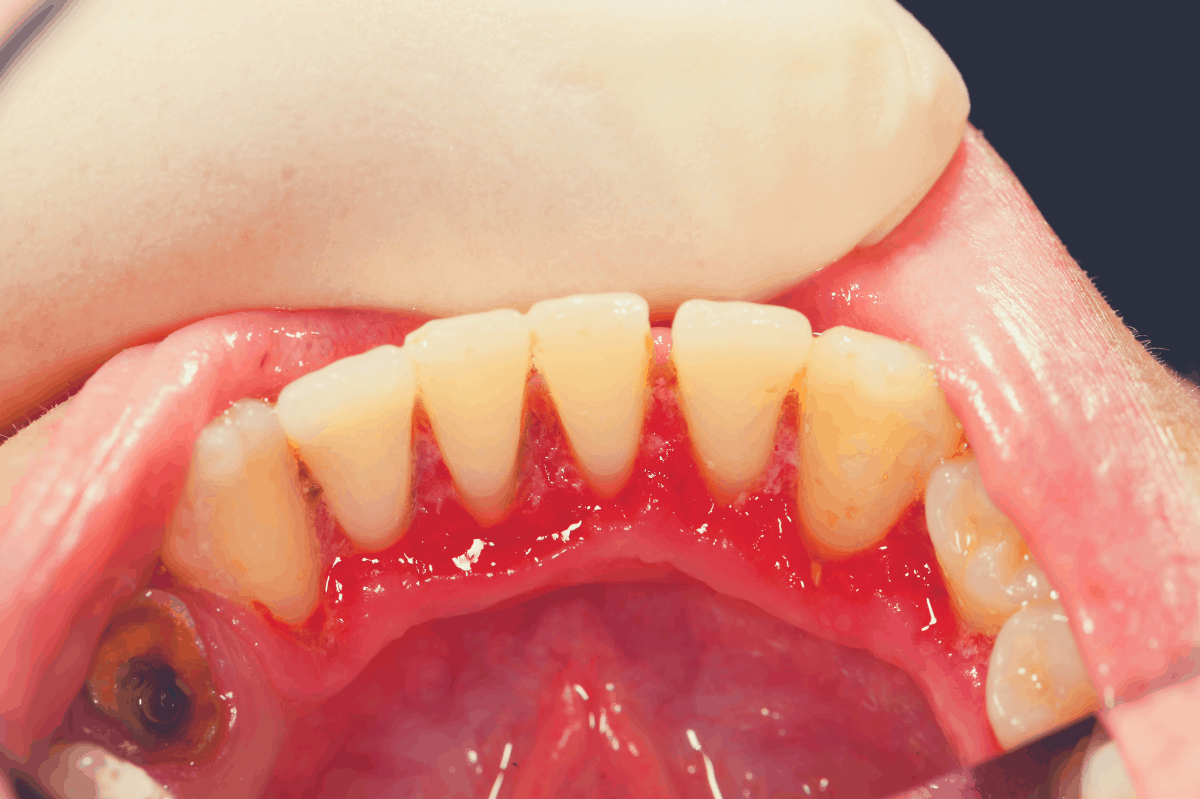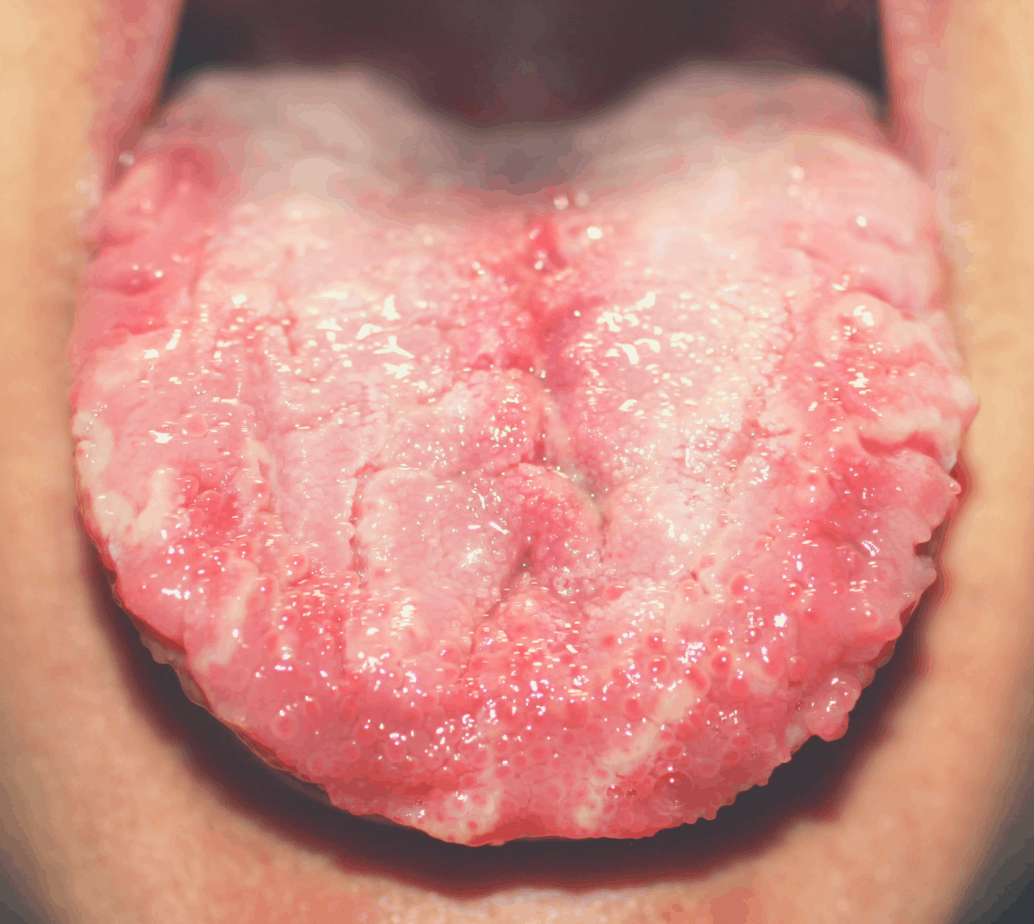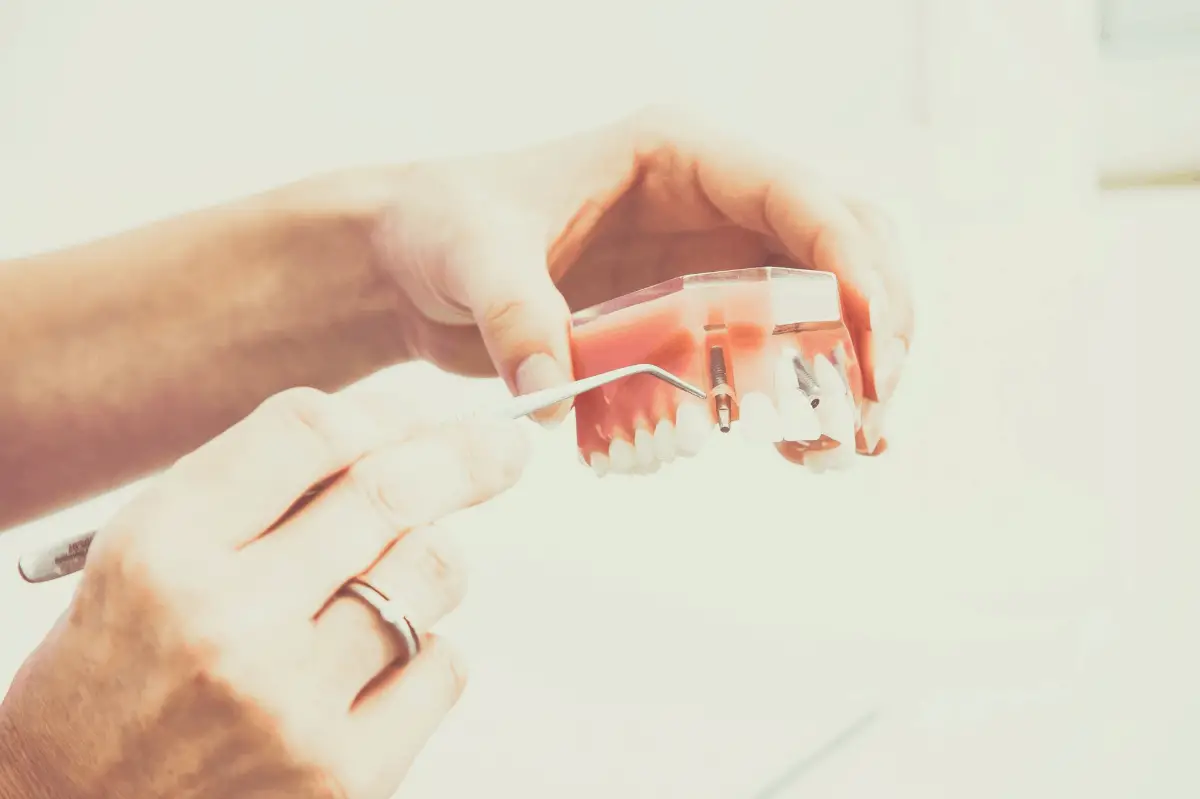Dentures can offer a great way to speak naturally, laugh, and show off a good appearance after losing your natural teeth. These prosthetic devices may make life easier for those who have lost all of their teeth or only a few due to physical trauma, gum disease, and tooth decay.
Dentures come in 2 main types i.e. partial and full dentures so the number of teeth the patient is missing will determine the type to choose. Due to the benefits of wearing these false teeth, many patients would love to wear it 24/7 which is why “can you sleep with dentures?” is such a popular question on Google.
Sleeping with dentures overnight can exert excessive pressure on the gums and the surrounding area, leading to a buildup of bacteria, yeast infections, plague, and bad breath.
Dentures should be removed at least 5-6 hours a day for maintenance while allowing the gums to breathe and relax for the day ahead. Sure, you can technically remove them at some point during the day if they must be worn overnight for some reason.
Reasons Why Sleeping With Dentures is Bad
As stated above, sleeping with dentures can be a terrible idea and there are several reasons why. If you’ve recently started wearing these confidence-boosting prosthetic devices, here are a few reasons to remove them before bedtime:
1. Excessive Gum Pressure
The weight of dentures can be overbearing for the gums and the bone-like ridges underneath them. This may take a heavy toll on these delicate parts of the mouth over time leading to a slow but sure reduction of bone density, a process termed as resorption.
Wearing dentures 24/7 can speed up the resorption process leading to a decrease in the level of support enjoyed by the dentures.
The result is loosening and falling out of the once-solid dentures which can be embarrassing should it happen in public places such as work. Besides, loose-fitting dentures may give off an awkward facial appearance thanks to the limited support provided for the lips and cheeks.
2. Breeding Grounds For Bacteria

Even individuals that practice proper oral hygiene still harbor millions of bacteria in the mouth. Unfortunately, the numbers can run into billions for those who do not brush, floss, and clean their mouths more frequently.
Wearing dentures 24/7 can transform the mouth into an even bigger breeding ground for bacteria. This is especially true in the area directly underneath the dentures and this may increase the risk of infections and diseases.
Mouth odors, in particular, can be a huge problem among wearers that refuse to take off their dentures for proper maintenance. The situation can get so bad that even close friends and relatives may begin shunning physical contact with you.
3. Yeast Infection
Sleeping with dentures can increase the risk of developing an oral yeast infection. While the condition may not show visible side effects in those with strong immune systems in the beginning, the infection can get worse over time and even spread to other parts of the body.
The symptoms of oral thrush include soreness in the mouth and bumps in the inner cheeks, tongue, tonsils, and lips. These bumps typically result in bleeding even with the slightest scraping.
A cotton-like sensation in the mouth, swallowing difficulties, and loss of appetite are additional signs of yeast infections.
4. Tongue and Denture Plaque

Wearing dentures overnight can lead to the buildup of plaque on the tongue and dentures itself over time. This can escalate to gum disease, a condition that may have serious health ramifications if left untreated.
Additionally, tongue plaque can affect your sense of taste, making it almost impossible to differentiate between bitter, salty, sour, and sweet sensations.
This build-up of plaque may also harm the appearance of the tongue, leading to embarrassing situations in public whenever you need to show off the tongue for any reason.
Besides, the accumulated tongue and plaque from wearing dentures overnight can also be a source of bad breath.
5. Infection-Fighting Mode
Wearing dentures to bed can ramp up the body’s production levels of interleukin-6, a protein that is produced by white blood cells when the body believes it is in disease-fighting mode. This is because the body may interpret the excessive wearing of prosthetic teeth as an infection that can stimulate auto-immune processes.
This can take a physical toll on the body leading to side effects such as fevers and fatigue. The result is plummeting productivity levels and struggles to undertake everyday physical tasks that require a bit of energy.
6. Denture Inflammation
Wearing dentures full-time can lead to a condition known as denture stomatitis, which simply means inflammation of the dentures. This occurs when the tissues under the dentures become inflamed thanks to the limited flow of saliva in the mouth while you’re sleeping at night.
The condition is more common among full denture wearers and typically results in symptoms such as redness and soreness.
In severe cases, denture inflammation may result in cracking of the mouth’s corners and other signs of discomfort in the denture-bearing tissues.
7. Pneumonia
Did you know that the continuous wearing of dentures can lead to serious infections and illnesses? Well, various studies have shown links between the full-time wearing of prosthetic teeth devices and serious illness.
Research has shown that wearing dentures to sleep can double the risk of pneumonia in elderly patients. This is because the presence of these prosthetic teeth may accelerate the movement of pneumonia-causing bacteria from the mouth to the lungs resulting in serious infections that can cause hospitalization or even death.
What is The Advantage of Sleeping With Dentures?
Have you been diagnosed with Obsessive Sleep Apnea (OSA)? Well, wearing dentures overnight may not be such a bad idea due to the results of several studies that have proven that these false teeth can prevent the symptoms of OSA.
In that case, you may have to remove the dentures immediately upon arrival at home and switch to a late-night sleeping routine to get enough rest for the gums and teeth while enjoying the full benefits of keeping OSA at bay.
How To Store Dentures Overnight
Now that you know that going to sleep with dentures may not be a good idea unless you’ve been diagnosed with OSA, it is only natural to wonder what the right way for storing this prosthetic device is.
Here’s how to store dentures overnight:
- Brush the dentures twice daily with an extremely soft toothbrush and dishwashing soap, removing all traces of plaque to prevent stains
- Remove and rinse the dentures after dinner
- Place the dentures in a special alkaline-peroxide-based solution or water overnight
- Rinse the dentures in the morning before fixing them back on
- Brush the gums and tongue before putting the dentures back in the mouth
Frequently Asked Questions
Here are answers to a few of the common questions patients generally ask about dentures.
When can I take my dentures out after surgery?
The dentures can be taken out 24 hours after surgery. Once removed, rinse off the dentures in water and rinse the mouth with salty water to reduce the risk of post-surgery infections.
Can you choke on dentures?
The answer is yes. Choking can be a common occurrence in senior citizens who wear dentures due to the difficulties in the proper chewing of food before swallowing. Choking on dentures may be particularly common during the chewing of meat.
There have also been many instances of the elderly choking on dentures after drinking a glass of liquid such as milk. Remember, choking can turn fatal in some instances so it cannot be taken lightly.
How do you keep dentures from falling off?
Dentures can be at risk of falling off over time, particularly, the upper dentures. The best ways to prevent that include consuming small bites of soft foods such as eggs, eating slowly, and using both sides of the mouth to chew at the same time to prevent the dentures from tipping.
Giving the gums a break from the dentures regularly, speaking slowly, and using denture adhesives are other tried and tested ways to keep dentures from falling off.
Conclusion
Sleeping with dentures is generally a bad idea that can have serious side effects on your oral health including applying excessive pressure on the gums, causing gum disease, and accelerating the buildup of bacteria in the mouth.
This is why dentists recommend removing the dentures at bedtime to give the gums some breathing room. If you must wear the dentures overnight due to the symptoms of Obsessive Sleep Apnea, removing them for 5-6 hours at some point during the day can be the way to go.
